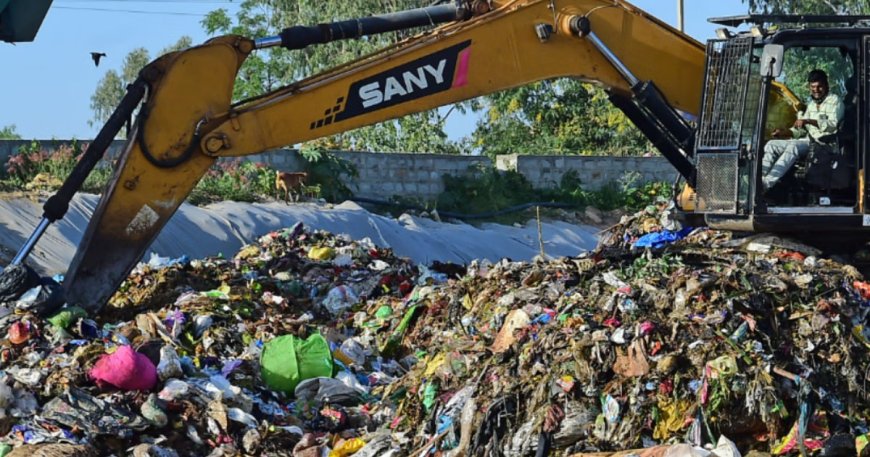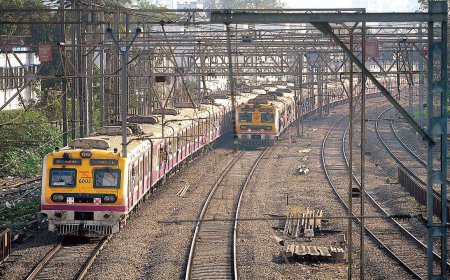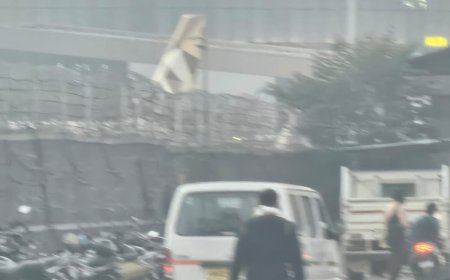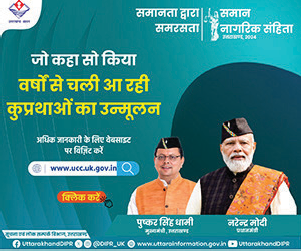New Delhi : In a significant step to tackle the mounting challenge of solid waste management across the country, the Centre has unveiled new draft rules aimed at improving waste segregation, disposal, and recycling in both urban and rural areas. The Solid Waste Management Rules, 2024, propose a comprehensive framework for managing waste generated by municipalities, hotels, malls, industries, schools, and agricultural sectors, among others.
The draft rules, which will come into force on October 1, 2025, lay out stringent guidelines to ensure waste is segregated at source and processed appropriately. A key provision includes empowering 'safai karamcharis' (cleanliness workers) in cities to levy fines on individuals or entities failing to segregate waste and even refuse waste collection if necessary. This is part of the government’s effort to reduce the environmental impact of improperly managed waste.
The rules are not limited to municipal bodies but also extend to bulk waste generators such as hotels, residential complexes, malls, government institutions, PSUs, and industrial units. They mandate that all such entities, including gated communities and institutions with areas greater than 5,000 square meters, partner with local authorities to segregate waste at the source, collect it in separate streams, and ensure recyclable materials are handed over to authorized waste pickers or recyclers.
The draft also emphasizes the treatment of biodegradable waste, recommending composting or bio-methanation at the waste generation site itself, whenever feasible. Residual waste is to be handed over to waste collectors or agencies designated by local bodies for proper disposal.
Additionally, the rules introduce provisions for environmental compensation based on the “polluter pays” principle. Entities failing to comply with these new waste management norms will face penalties, which could significantly impact non-compliant individuals and organizations.
The proposed rules also tackle the pressing issue of agricultural waste, particularly paddy stubble, which has been a major contributor to air pollution, especially in Delhi-NCR. Gram panchayats will now be tasked with ensuring that no agricultural or horticultural waste is burned openly in rural areas. They will also need to set up systems for the collection and storage of agricultural residue for its proper disposal or utilization. Gram panchayats will be required to submit annual returns on the amount of agricultural residue generated and processed within their jurisdictions.
The Centre has framed these rules with the goal of advancing the principles of a circular economy, reducing environmental pollution, and promoting bio-economy through recycling and waste-to-energy initiatives. The guidelines also highlight the responsibilities of local bodies and pollution control boards at both state and national levels, focusing on strengthening waste management and improving air quality.
The Ministry of Environment has invited comments and suggestions from stakeholders and experts within the next 60 days before finalizing the rules. Once finalized, the new regulations are expected to transform waste management practices across India and play a crucial role in enhancing the country’s environmental sustainability efforts.




 Previous
Article
Previous
Article











